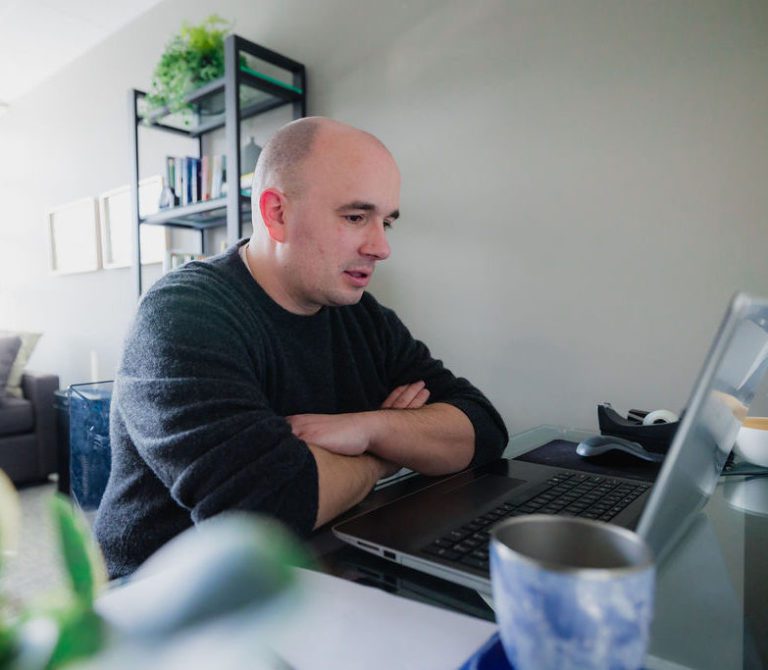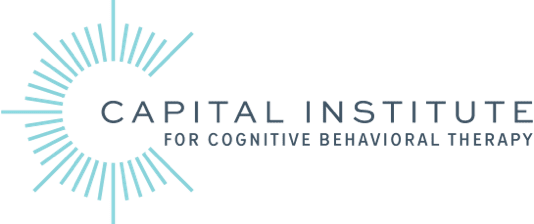Individual Therapy
Individual psychotherapy is a great way to focus on achieving your goals. The majority of patients treated in individual CBT have been found to experience measurable decreases in symptoms and improvement in quality of life.
Couples Therapy
Making a marriage or any long-term relationship work can be both challenging and rewarding. Couples therapy has been shown in research studies to improve relationship satisfaction and decrease the likelihood of divorce.
Child/Adolescent Therapy
The same practical, skills-based CBT approach works with a number of problems children may face, including anxiety, depression, social fears, eating disorders, concerns about sexual and gender identity, OCD, self-harm behaviors and ADHD.
Family Consultation
Mental health challenges are never just about one person. Because Capital Institute’s therapists have the ability to work as a team, we can help address the complexities that can come with family life.
Group Therapy
Group therapy can offer a number of advantages. It allows you to share experiences with other people dealing with similar issues. This can reduce the sense that many people have that they are alone in their struggles.
Intensive Outpatient Therapy
Some problems are best addressed with more intensive treatment. This can be the case when someone is experiencing a crisis that has disrupted their day-to-day functioning or has put them at risk for self-harm.
Teletherapy
Simply put, teletherapy works. One thing we have learned is that it is possible to do good, effective therapy by video conference.
Testing & Assessment
Capital Institute offers comprehensive testing and assessment services for children and adolescents for a wide range of presenting concerns.
School Admissions Testing
Capital Institute’s team of clinical psychologists offers comprehensive admissions testing for independent schools at our Bethesda office.
Teletherapy Services Available
Simply put, teletherapy works.
As we have begun to return to our offices and offer in-person therapy again, many patients continue to find it helpful to have the option to do some or all of their sessions remotely using our HIPAA-secure video conference platform.
And residents of 34 states can now access Capital Institute’s expertise through our teletherapy services.

Request Your Consultation
Ready to get started? Have questions? Click below to contact our helpful New Patient Coordinator.
